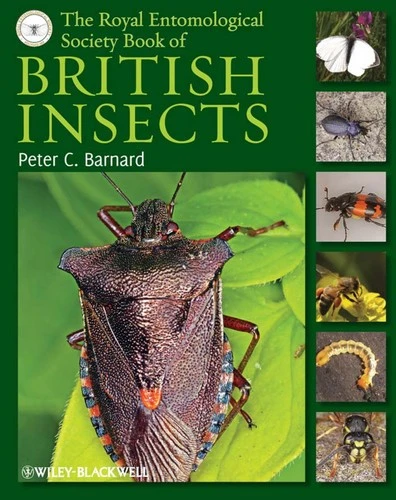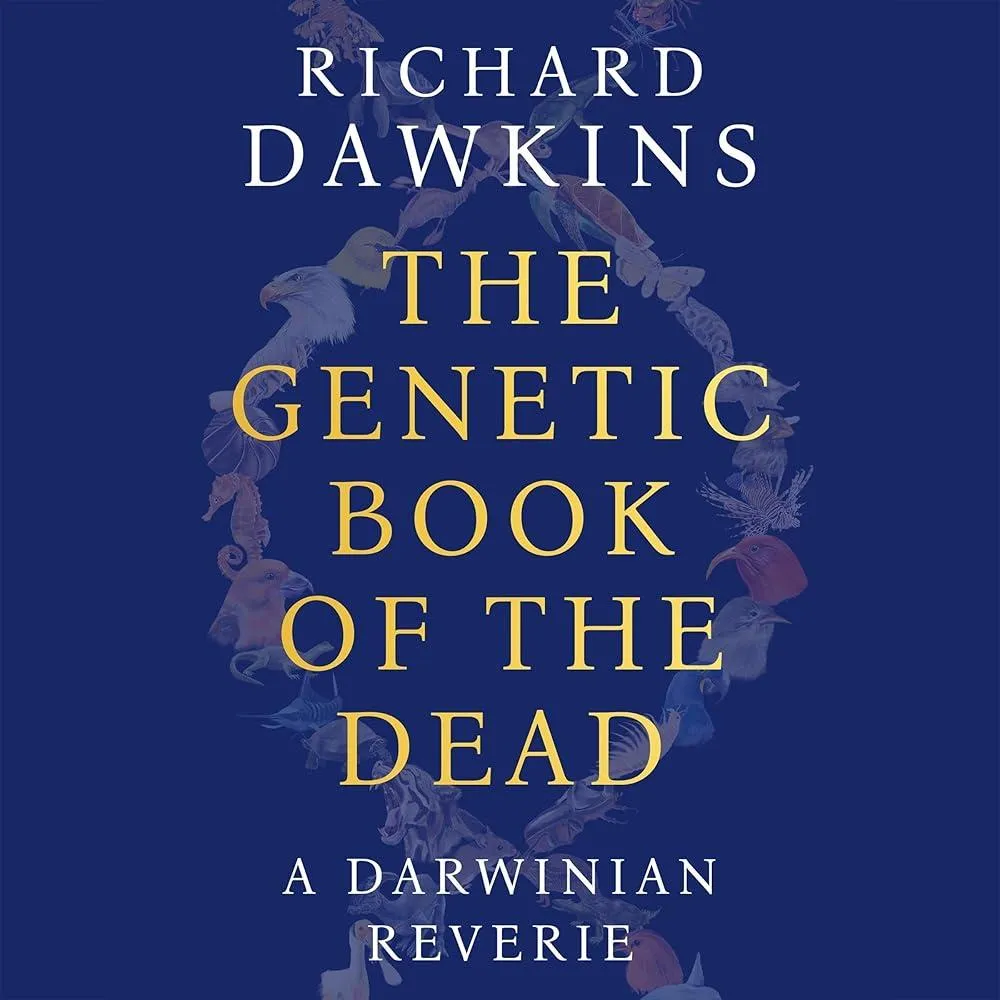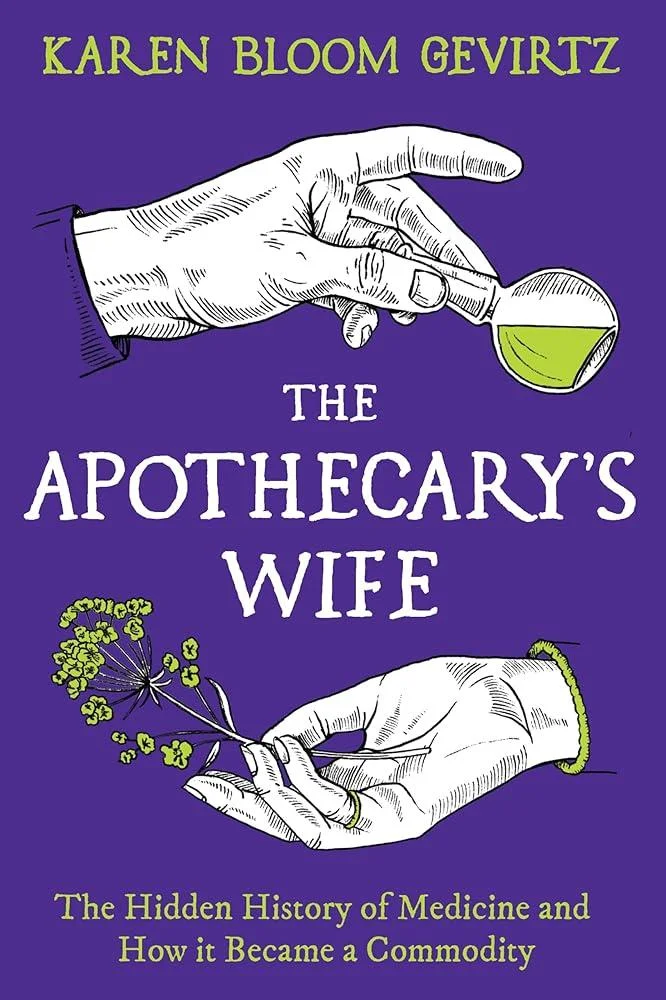
The Royal Entomological Society Book of British Insects
(Autor) Peter C. BarnardThe Royal Entomological Society (RES) and Wiley-Blackwell are proud to present this landmark publication, celebrating the wonderful diversity of the insects of the British Isles, and the work of the RES (founded 1833). This book is the only modern systematic account of all 558 families of British insects, covering not just the large and familiar groups that are included in popular books, but even the smallest and least known. It is beautifully illustrated throughout in full colour with photographs by experienced wildlife photographers to show the range of diversity, both morphological and behavioural, among the 24,000 species. All of the 6,000 genera of British insects are listed and indexed, along with all the family names and higher groups. There is a summary of the classification, biology and economic importance of each family together with further references for detailed identification. All species currently subject to legal protection in the United Kingdom are also listed. The Royal Entomological Society is one of the oldest and most prestigious of its kind in the world. It is the leading organisation for professional entomologists and its main aim has always been the promotion of knowledge about insects. The RES began its famous Handbooks for the Identification of British Insects in 1949, and new works in that series continue to be published. The Royal Entomological Society Book of British Insects has been produced to demonstrate the on-going commitment of the RES to educate and encourage each generation to study these fascinating creatures. This is a key reference work for serious students of entomology and amateur entomologists, as well as for professionals who need a comprehensive source of information about the insect groups of the British Isles they may be less familiar with.
Peter C. Barnard
Peter C. Barnard was a renowned American novelist best known for his groundbreaking work "The Glass House." His writing style was characterized by vivid imagery and nuanced character development. Barnard's key contributions to literature include exploring themes of isolation and identity in a postmodern society.





